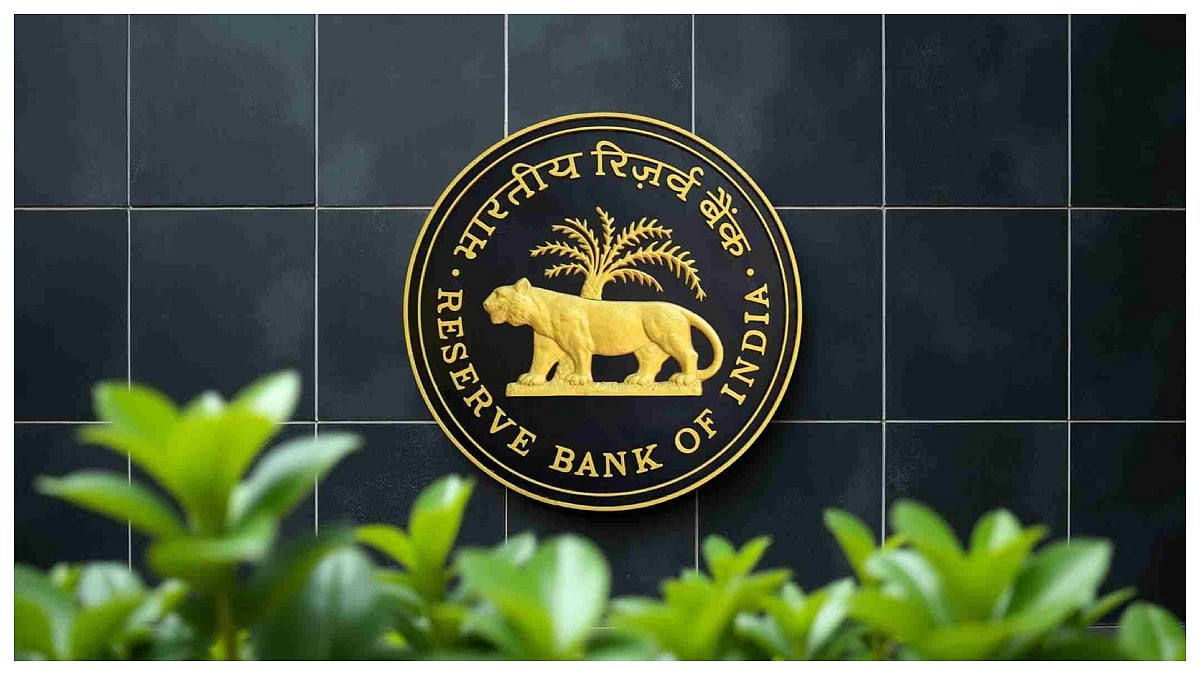Jamsetji Tata, in full Jamsetji Nusserwanji Tata, was a philanthropist and entrepreneur who founded the Tata Group. His ambitious endeavours helped catapult India into the league of industrialized countries.
Born into a Parsi family from Gujarat in 1839, Jamsetji was the first child and only son of Nusserwanji Tata. After graduating from Elphinstone College, Bombay (now Mumbai), in 1858, he joined his father’s export-trading firm and helped establish its branches in Japan, China, Europe, and the United States.
In 1868 Jamsetji founded a trading company that later evolved into the Tata Group. In 1872 he focused on cotton manufacturing and subsequently founded mills at Nagpur, Bombay, and Coorla. His enterprises were noted for efficiency, for improved labour-protection policies, and for the introduction of finer grades of fibre. He also planned for the Bombay-area hydroelectric power plants that became the Tata Power company in 1906.
Famously known as 'Father of Indian Industry', he established the city of Jamshedpur, the first planned industrial city in India.
Jamsetji's plan for the city was clear. He envisioned far more than a mere row of workers' hutments. He insisted upon building all the comforts and conveniences a city could provide. As a result, many areas in the city are well planned and there are public leisure places such as the Jubilee Park.
While building the city, Jamsetji Tata had said, "Be sure to lay wide streets planted with shady trees, every other of a quick-growing variety. Be sure that there is plenty of space for lawns and gardens; reserve large areas for football, hockey and parks; earmark areas for Hindu temples, Muslim mosques and Christian churches."
A noted philanthropist, Jamsetji established the J.N. Tata Endowment in 1892, which encouraged Indian students to pursue higher education. In 1898 he donated land for a research institute in Bangalore (Bengaluru), and his sons ultimately established (1911) the Indian Institute of Science there. The Tata family went on to become perhaps the most important private funder of technical education and scientific research in India. It is estimated that, by market values, he donations were worth around $102 billion.
Jamsetji Tata and his family were a part of the minority group of Zoroastrians or Parsees, who arrived in India after fleeing persecution in Iran, following the Islamic conquest of that country.
Unlike other Zoroastrians, Jamsetji Tata had a formal Western education because his parents saw that he possessed a special gift for mental arithmetic from a young age. However, in order for him to have a more modern education, he was later sent to Bombay. He married his wife, Hirabai Daboo, whilst still a student.
Tata had four goals in life: setting up an iron and steel company, a world-class learning institution, a unique hotel and a hydroelectric plant. Only the hotel became a reality during his lifetime. Jamsetji Tata continued to be an important figure in the industrial world even in his later stages of life. He was noted to be a strong supporter of the Swadeshi movement, which advocated economic self-reliance in India.
Tata was on his way to a business trip in Germany in 1900 when he became seriously ill. He died in Bad Nauheim on 19 May 1904 and was buried in the Parsi burial ground in Brookwood Cemetery, Woking, England. His sons Dorabji Tata and Ratanji Tata succeeded Tata as the chairman of the Tata Group.










